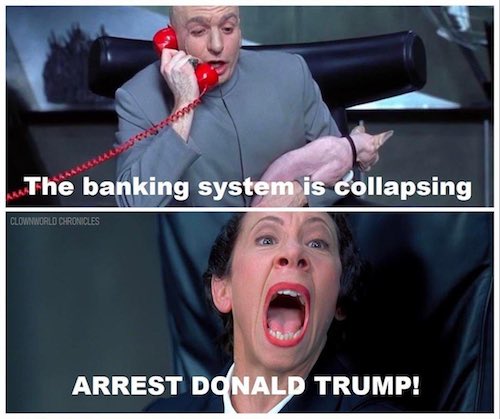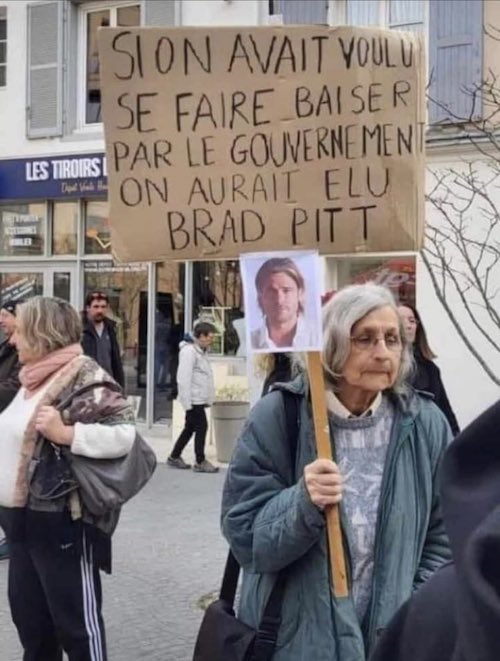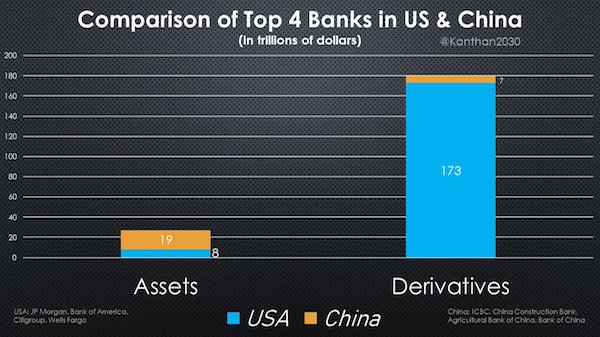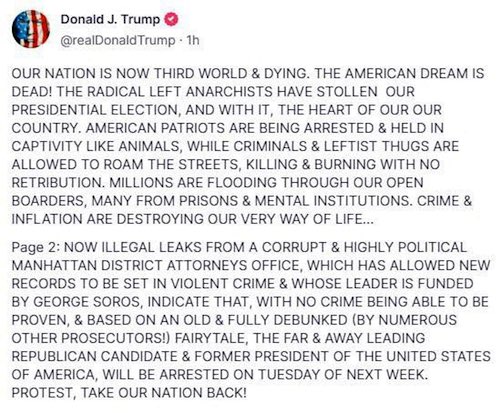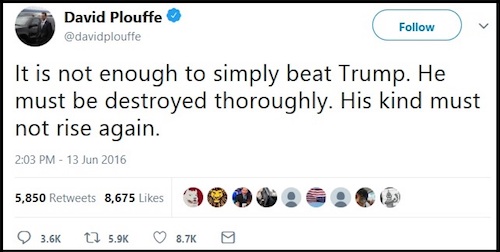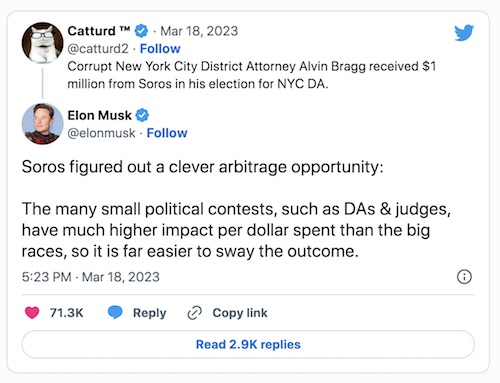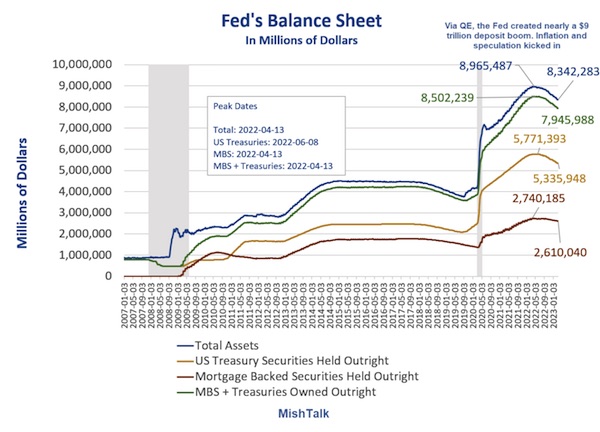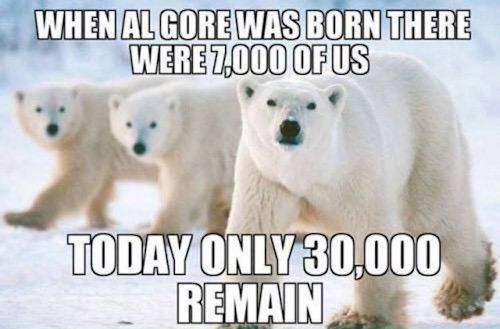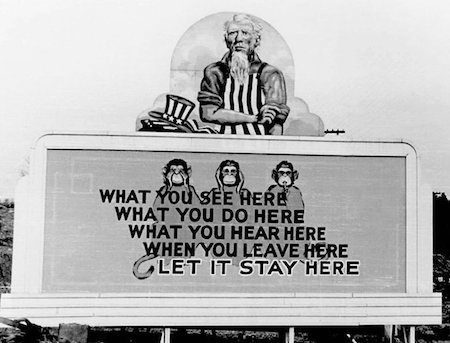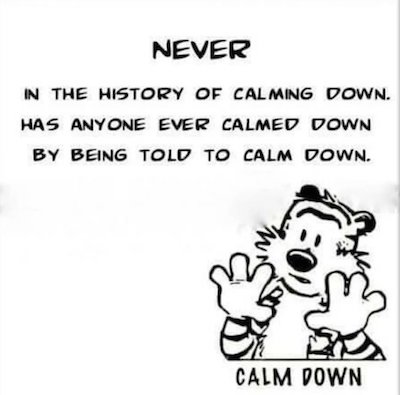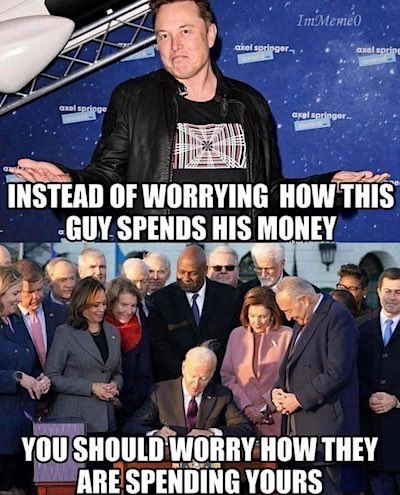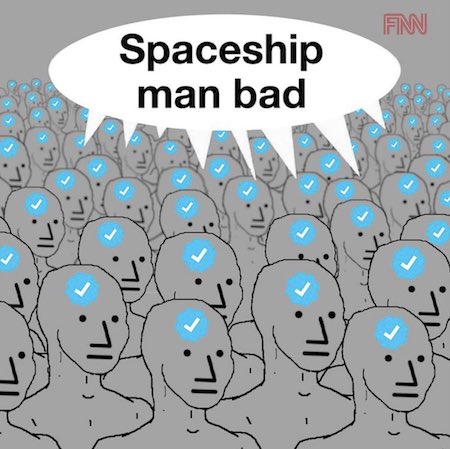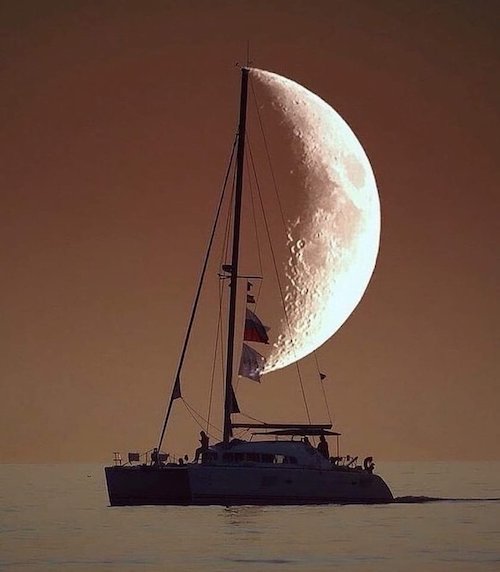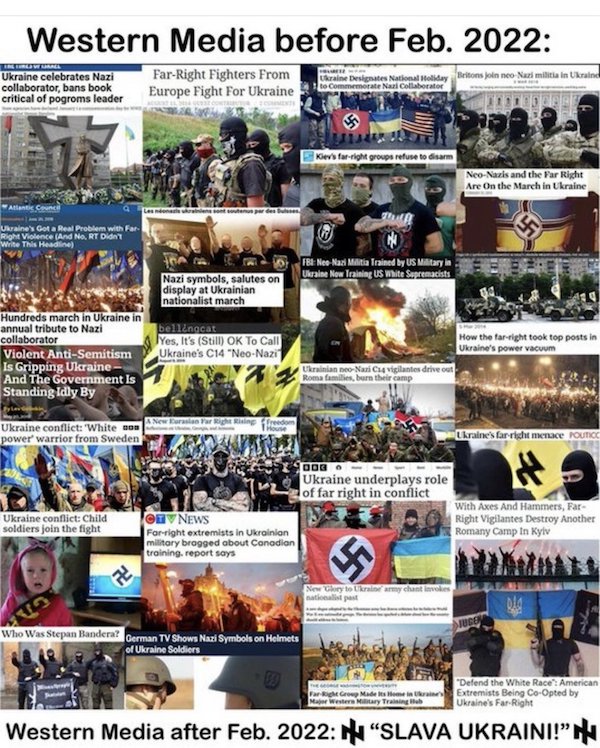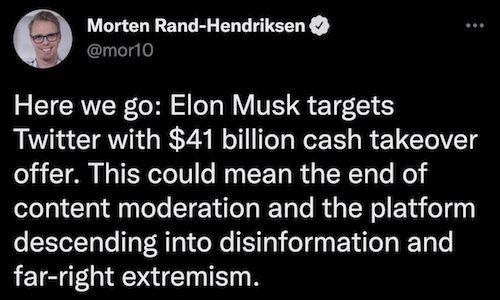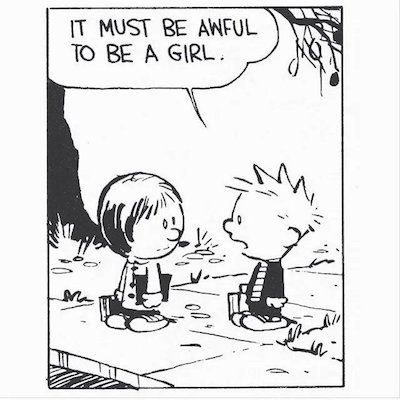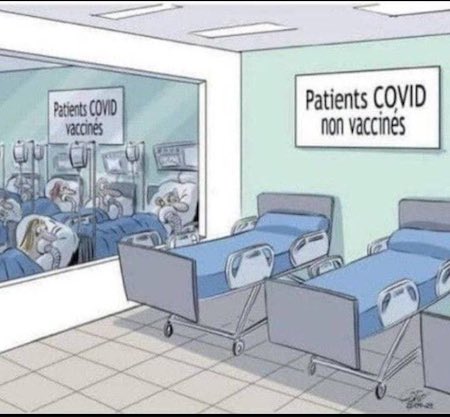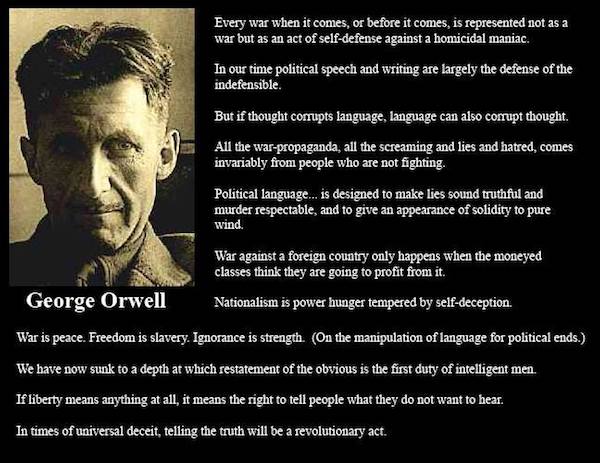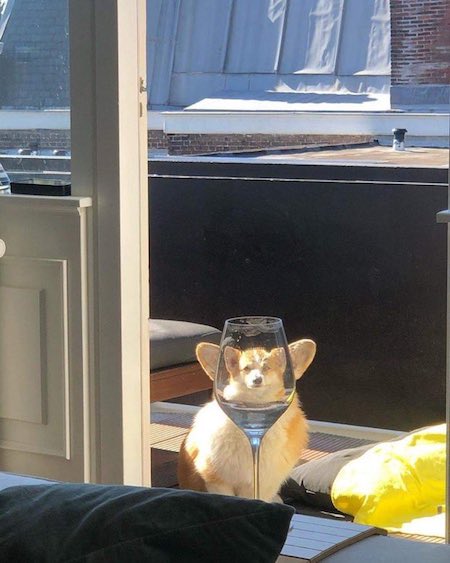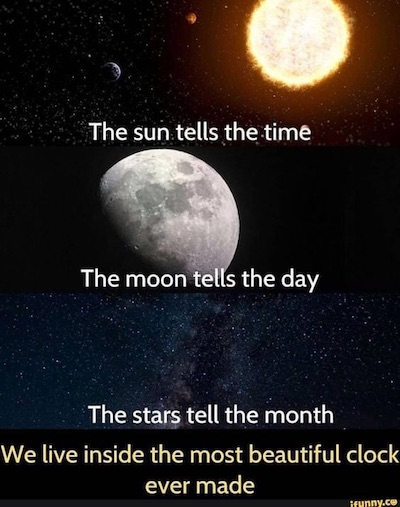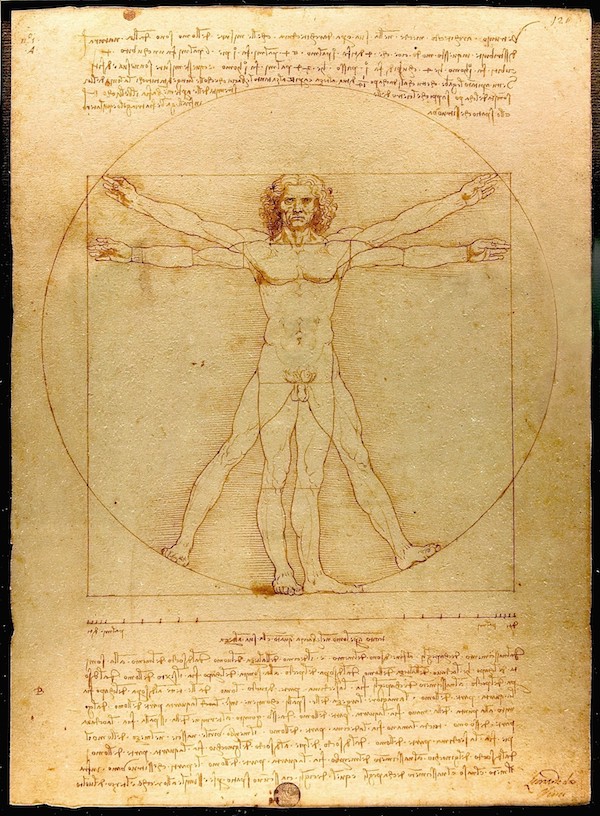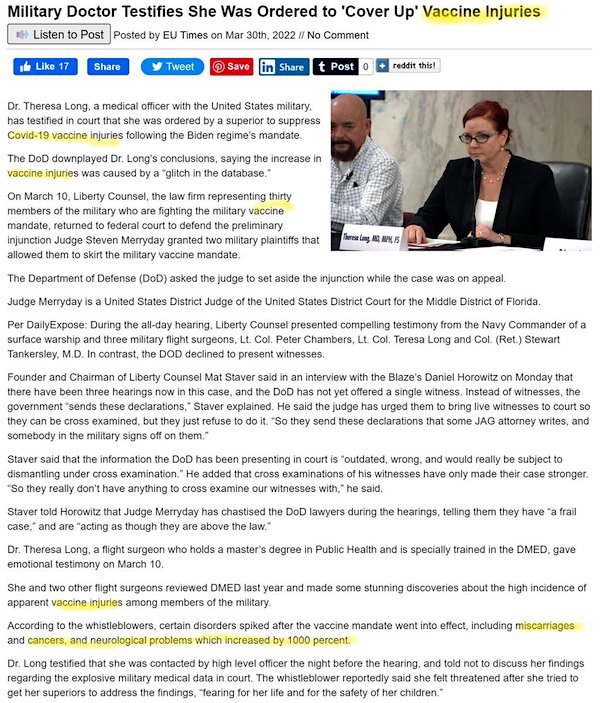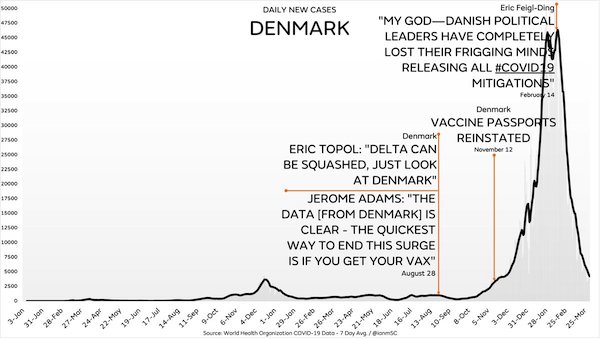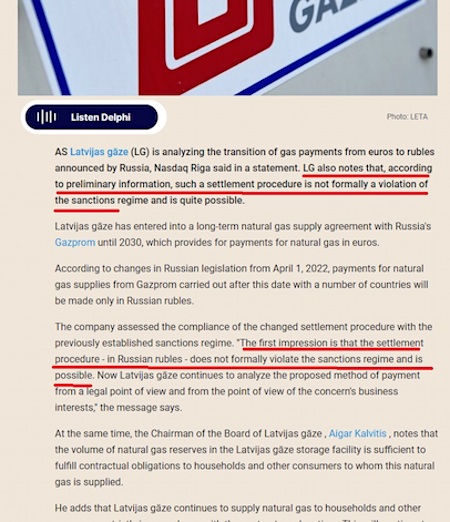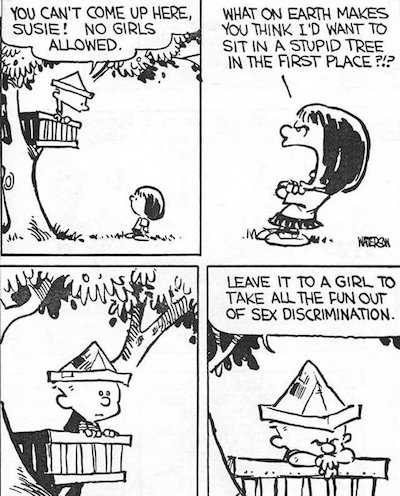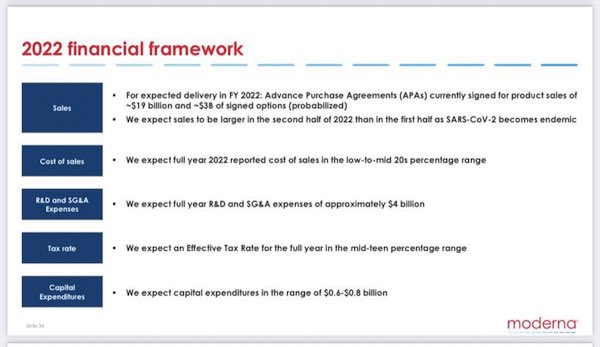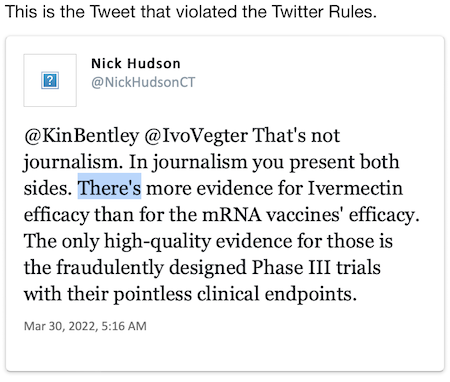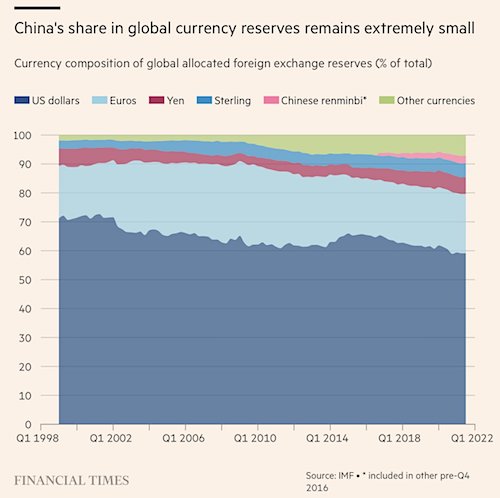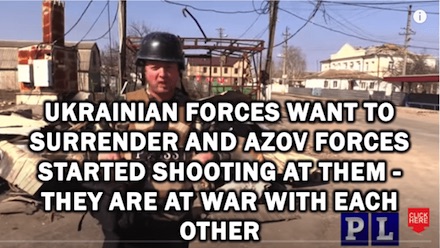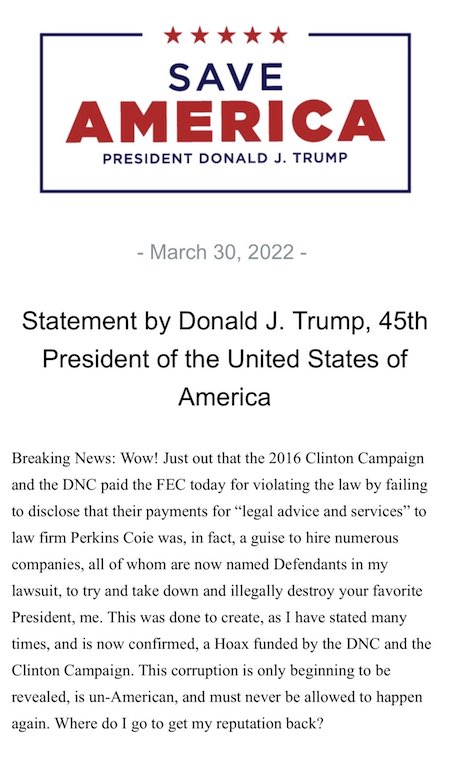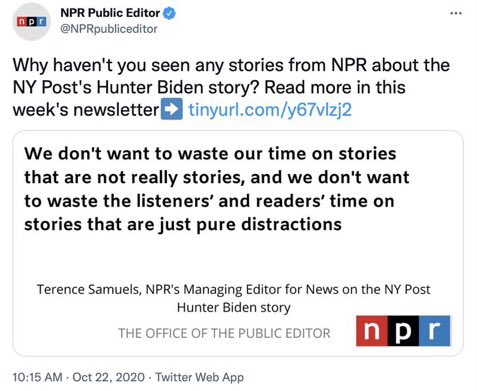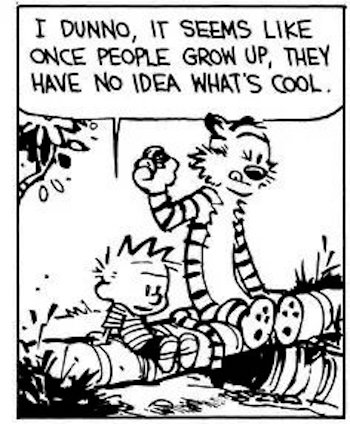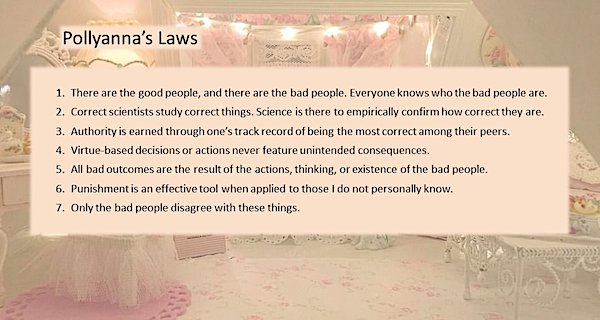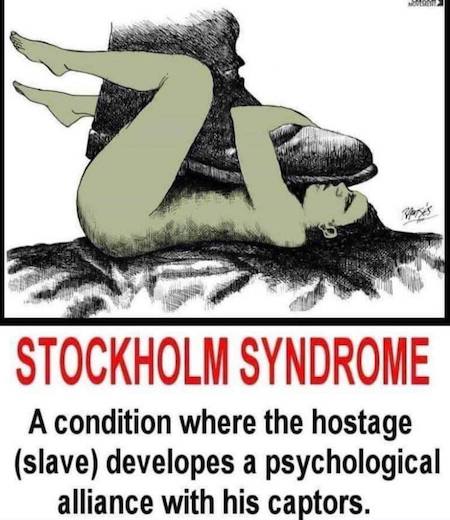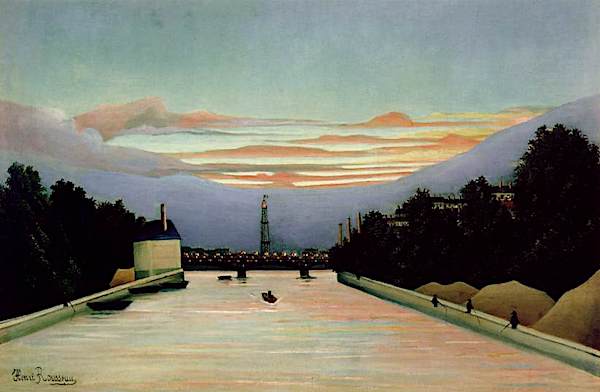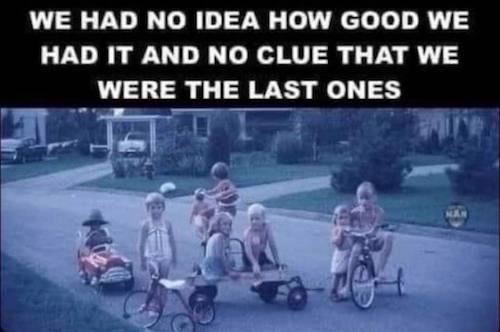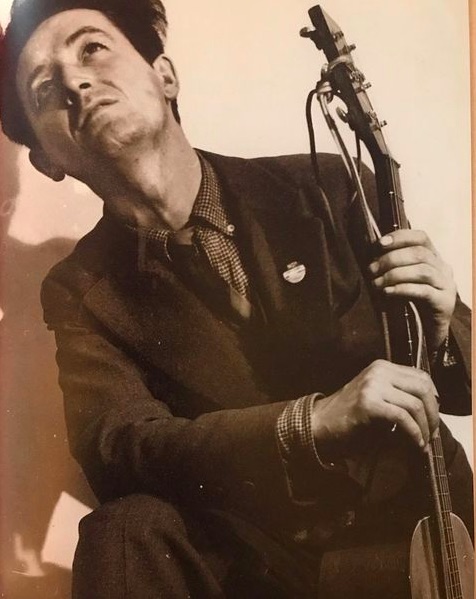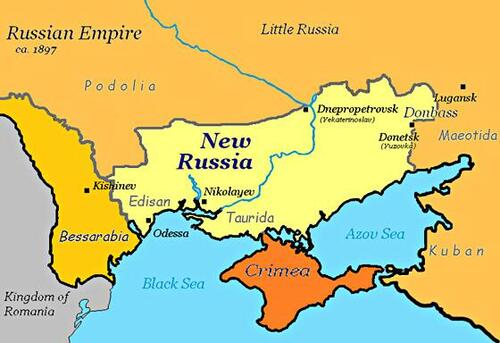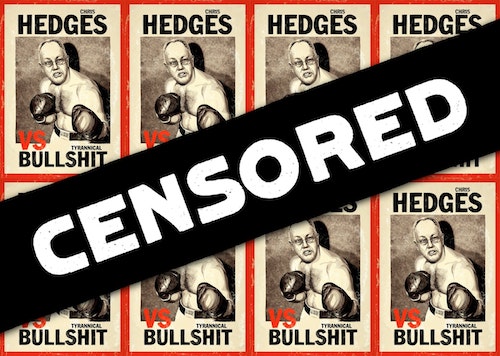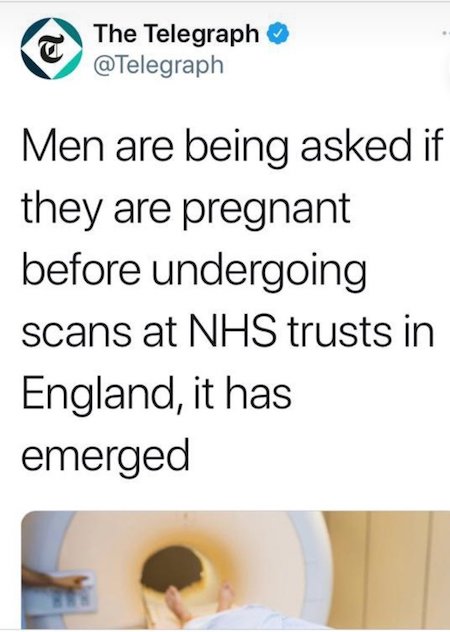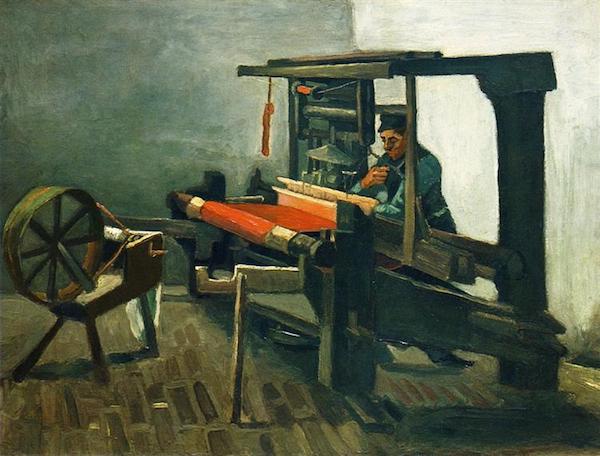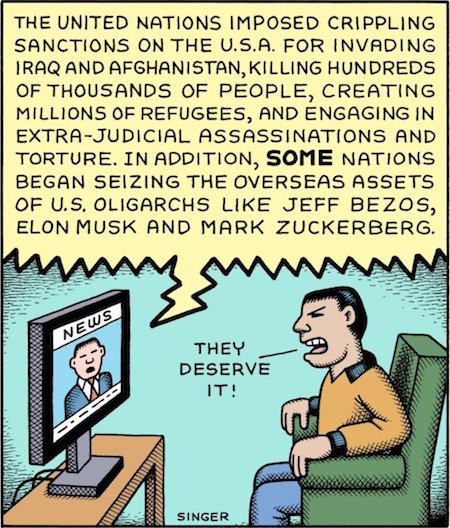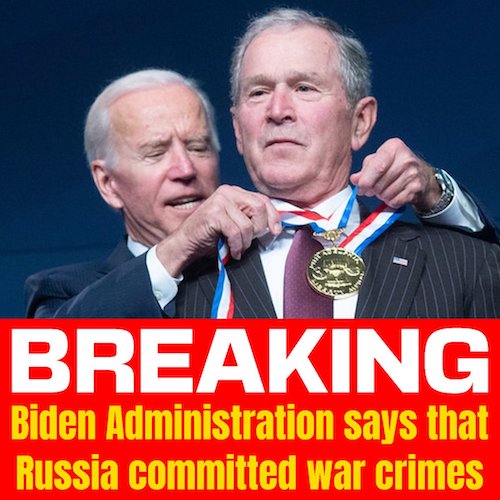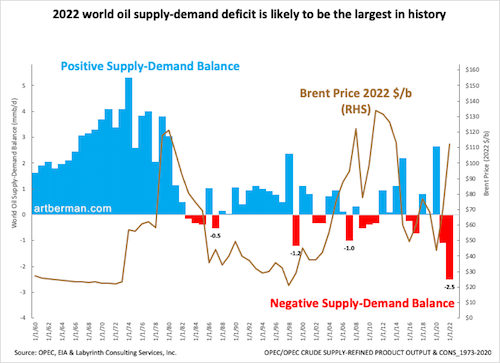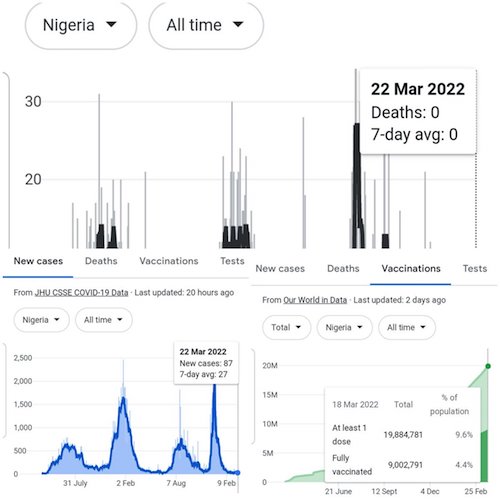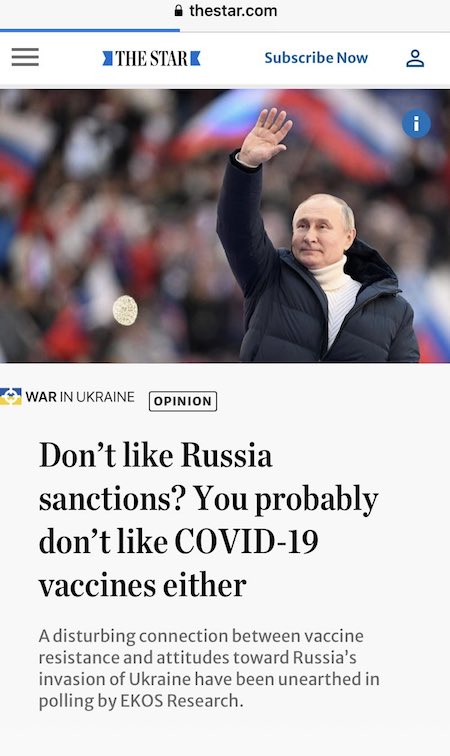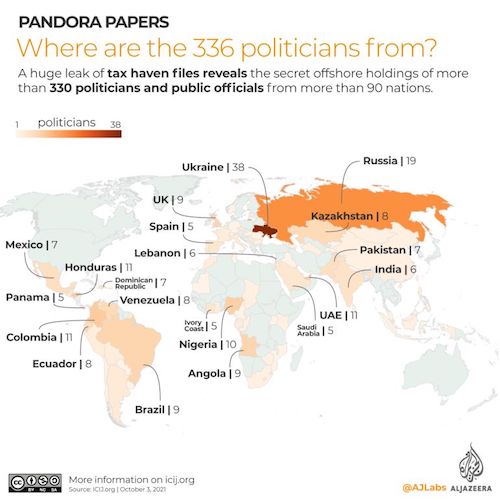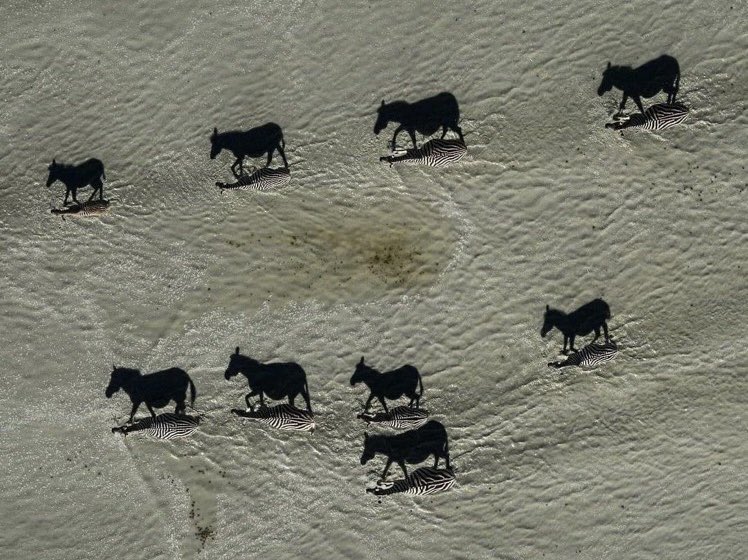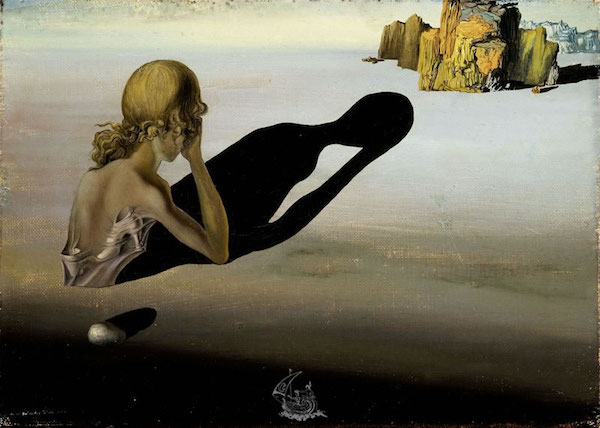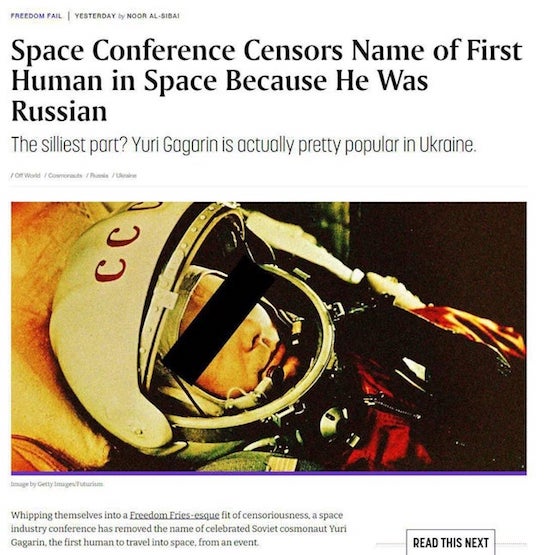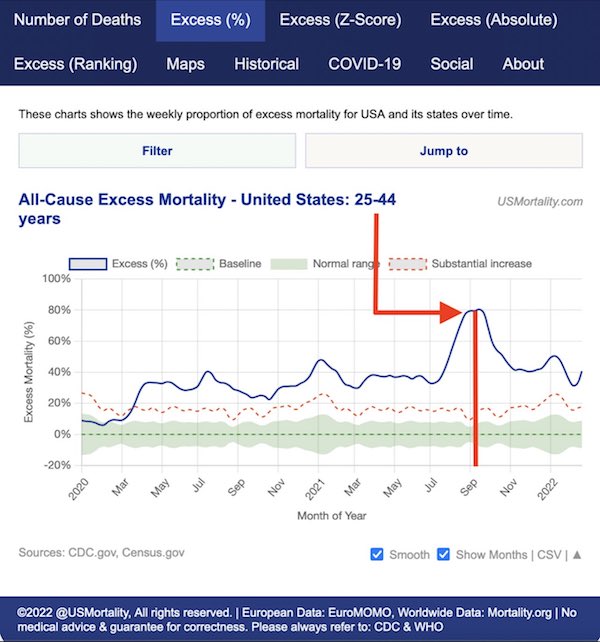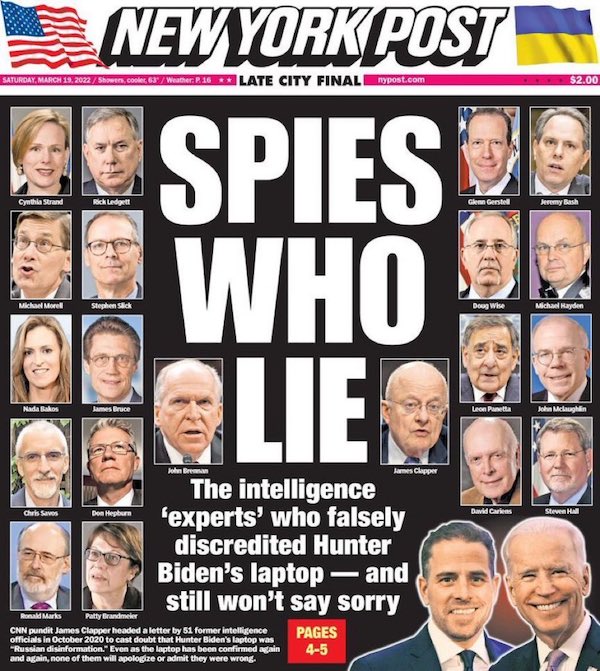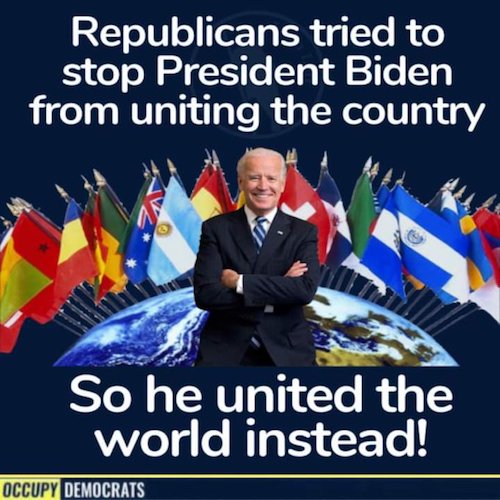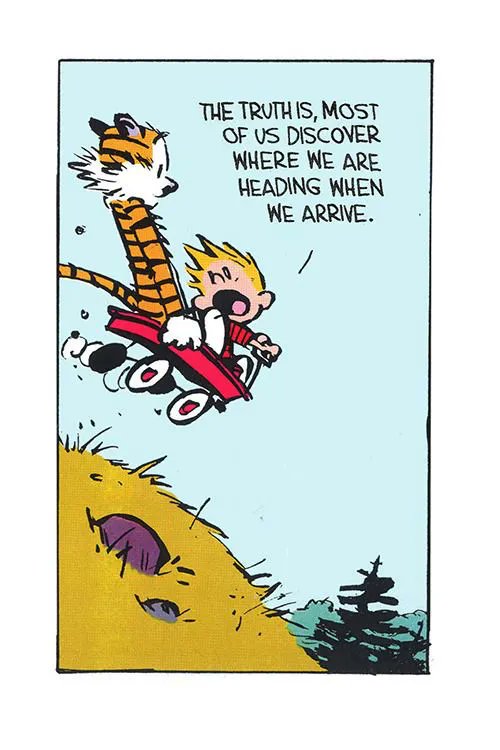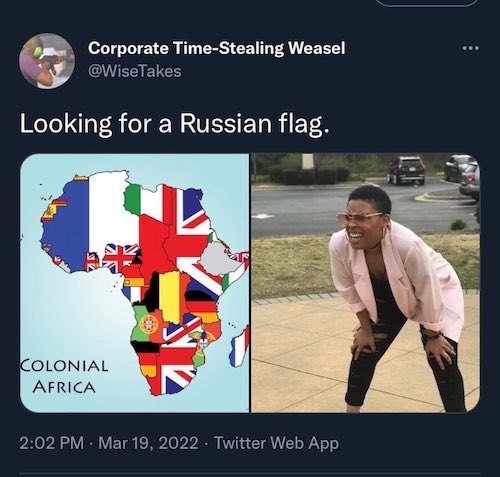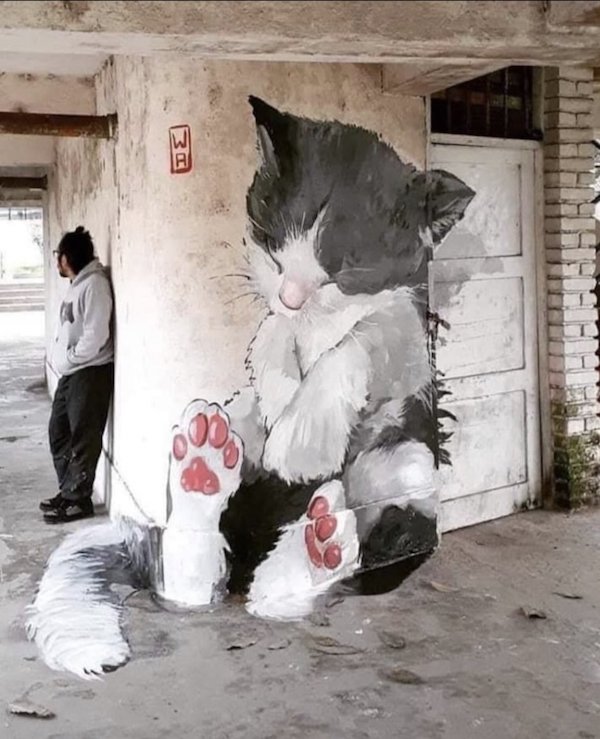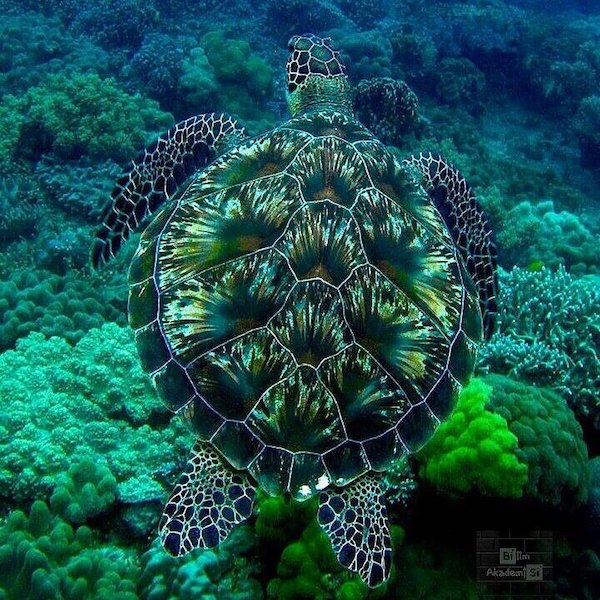
Thomas Cole The Course of Empire – The Consummation of Empire 1836

Andrew Korybko:
Putin’s Three Latest Appearances
President Putin strongly suggested in a series of appearances last week that a political solution to the NATO-Russian proxy war in Ukraine is still possible. Those of his supporters in the Alt-Media Community who convinced themselves that the special operation won’t stop until Russian forces reach the Polish border are bound to be infuriated by this assessment, but it’s based on his own words as proven by the official Kremlin website. Here are the three appearances that will be cited in this analysis:
* 13 June: “Meeting with war correspondents”
* 16 June: “Plenary session of the St Petersburg International Economic Forum”
* 17 June: “Meeting with heads of delegations of African states”
What follows are relevant excerpts from each appearance along with a one-sentence summary of the point that he conveyed in each passage. After going through all three of them, the next subchapter will summarize President Putin’s envisaged end game to this proxy war. Finally, the last part of this analysis will then conclude with a few thoughts about the viability of his plans, which are arguably quite reasonable if one takes the time to calmly dwell upon them.
Meeting With War Correspondents
* Russia still intends to achieve its original objectives in the special operation.
– “[The goals and tasks of the special military operation] are changing in accordance with the current situation but of course overall we are not changing anything. Our goals are fundamental for us.”
* The demilitarization of Ukraine remains on track.
– “We are dealing with this gradually, methodically…The Ukrainian defence industry will soon cease to exist altogether. What do they produce? Ammunition is delivered, equipment is delivered and weapons are delivered – everything is delivered. You won’t live long like that, you won’t last. So, the issue of demilitarisation is raised in very practical terms.”
* Kiev’s counteroffensive is failing.
– “If we look at irretrievable losses, clearly, the defending side suffers fewer losses, but this ratio of 1 to 10 is in our favour. Our losses are one-tenth of the losses of the Ukrainian forces. The situation is even more serious with armour…By my calculations, these losses are about 25 or maybe 30 percent of the equipment supplied from abroad.”
* Attacks against Russia’s pre-2014 territory are designed to divert its forces from the frontlines.
– “As for border areas, there is a problem, and it is connected – and I think you understand this too – mainly with a desire to divert our forces and resources to this side, to withdraw part of the units from those areas that are considered the most important and critical from the point of view of possible offensive by the armed forces of Ukraine.”
* The creation of buffer zones to protect Russia’s pre-2014 territory is being considered.
– “If this continues, then we will apparently have to consider the issue – and I say this very carefully – in order to create some kind of buffer zone on the territory of Ukraine at such a distance from which it would be impossible to reach our territory. But this is a separate issue, I am not saying that we will start this work tomorrow. We have to see how the situation develops.”
* The now-defunct draft treaty with Ukraine helped Russia solidify its eastern and southern gains.
– “Even though they tossed it, nevertheless, we used this time to get where we are now which is practically all of Novorossiya and a significant portion of the Donetsk People’s Republic with access to the Sea of Azov and Mariupol. And almost all of the Lugansk People’s Republic, with a few exceptions.”
* Russia might mobilize if it decides to move on Kiev again, but there’s no need for that today.
– “Do we need to go back [to Kiev] or not? Why am I asking this rhetorical question? Clearly, you do not have an answer to it, only I can answer that. But depending on our goals, we must decide on mobilisation, but there is no need for that today.”
* One of the fundamental factors of this conflict is that the West is flooding Ukraine with arms.
– “You know, this is a fundamental question, absolutely fundamental. When we say – I said it, and you repeated it – that the West is flooding Ukraine with weapons, this is a fact, nobody is hiding this; on the contrary, they are proud of it.”
* Russia’s military-technical production surged over the past year.
– “During the year, we increased the production of our main weapons by 2.7 times. As for the manufacture of the most in-demand weapons, we increased this by ten times. Ten times!”
* Not every one of Russia’s responses to the crossing of its “red lines” is covered by the media.
– “Not everything may be covered by the media, although there is nothing to be ashamed of. Are strikes on Ukraine’s energy system not an answer to them crossing the red lines? And the destruction of the headquarters of the main intelligence directorate of the armed forces of Ukraine outside Kiev, almost within Kiev’s city limits, is it not the answer? It is.”
* The Ukrainian state exists and must be treated with respect, but it’s unacceptable to threaten Russia.
– “With regard to ‘what Ukraine are they talking about,’ Ukraine, such as it may be, does exist and we must treat it with respect…If they want to live in our historical territories, then they should influence their political leadership so that it establishes proper relations with Russia and no one poses a threat to us from these territories. This is the issue. This is what the issue is all about.”
* It’s debatable that the West will continue supplying weapons to Ukraine no matter its losses.
– “This is debatable (which was said in response to a war correspondent’s claim that ‘Clearly, no matter what losses Ukraine suffers, the Western countries will continue to supply weapons to it’).”
* There’s no guarantee that Russia will go on the offensive after the failure of Kiev’s counteroffensive.
– “I think that, being aware – I say this with good reason – of the catastrophic losses, the leadership, whatever it may be it has a head on its shoulders, should think about what to do next. We will wait and see what the situation is like and take further steps based on this understanding.”
* Depleted uranium shells are being shipped to Ukraine because the West already ran out of all others.
– “They simply have no shells, but they have depleted-uranium shells in warehouses. It appears that they have now decided to use these shells for the time being. They have swept the warehouses clean”.
* The EU’s snowballing economic problems will impede its plans to produce more arms for Ukraine.
– “The (EU’s) economic problems are snowballing…So, it is not so easy to produce everything there, and even more difficult to expand production and build new facilities. This will come in handy for us, because Russia has a special situation. We must build up our armaments; we will have to, and we will accumulate strategic reserves in warehouses.”
* American mission creep is creating very serious risks for Russia.
– “The United States is getting more and more involved in this conflict, almost directly involved, provoking serious international security crises. Correcting the movements of drones that are attacking our warships is a very serious risk. This is very serious, and they should know that we know about it. We will think about what to do with this in the future. In general, this is how it is.”
* Peace talks could resume and the Istanbul draft treaty be revived if the US cuts off Kiev’s arms supply.
– “We have never refused – as I said a thousand times – to participate in any talks that may lead to a peace settlement…Ultimately it is about the United States’ interests. We know that they hold the key to solving issues. If they genuinely want to end today’s conflict via negotiations, they only need to make one decision which is to stop supplying weapons and equipment. That’s it. Ukraine itself does not manufacture anything. Tomorrow, they will want to hold talks that are not formal, but substantive, and not to confront us with ultimatums, but to return to what was agreed upon, say, in Istanbul.”
* Many Americans are afraid of their country starting World War III since they know it won’t win.
– “[The US] pretend(s) not to be [afraid to endlessly escalate the situation and raise the stakes]. In fact, there are many people there who think clearly and are unwilling to lead the world into a third world war in which there will be no winners; even the United States will not come out of it as a winner.”
Plenary Session Of The St Petersburg International Economic Forum
* President Putin repeated Russia’s military-technical statistics from his last appearance.
– “Our defence industry is gaining momentum every day. We have increased military production by 2.7 times during the last year. Our production of the most critical weapons has gone up ten times and keeps increasing.”
* Basing Ukraine’s NATO-supplied F-16s outside that country would pose a serious danger for Russia.
– “The F-16s will be burning too (if they’re sent to Ukraine), no doubt about it. But if they are located at air bases outside Ukraine and are used in hostilities, we will have to think about how and where we can hit the resources that are used against us in the hostilities. There is a serious danger of NATO’s further involvement in this armed conflict.”
* The door to diplomacy remains open if the West decides to resume talks with Russia.
– “We never closed [the door to diplomacy]. They were the ones who decided to close it, yet they keep peeking through the crack at us”.
* Attacks inside Russia are designed to provoke an overwhelming response.
– “Knowing that there is little chance of success (on the frontline), they are provoking us (through the Belgorod and Kremlin attacks) into making a harsh response, hoping to point the finger at us and say, ‘Look at them; they are malicious and cruel; nobody should have any dealings with them.’ They want to say this to all the partners we are working with now. So, no, there is no need to take such actions.”
* Nevertheless, a buffer zone is still in the cards, though Russia won’t let this distract it from the front.
– “As for these adjacent territories, it is an attempt to distract our attention from the possible key areas of the main offensive they are considering, an attempt to force us to redeploy units we have amassed in other areas of combat, and so on…I have already said that if these attacks on our adjacent territories continue, we will consider the possibility of creating a buffer zone in the Ukrainian territory. They should know what this can lead to. We use long-range high-precision weapons against military targets, and we are succeeding in all these areas.”
* Russia isn’t contemplating a nuclear first strike and will only use these weapons in self-defense.
– “I have already said that the use of the ultimate deterrent is only possible in case of a threat to the Russian state. In this case, we will certainly use all the forces and means at the disposal of the Russian state. There is no doubt about that.”
Meeting With Heads Of Delegations Of African States
* Russia will still talk with Ukraine despite the possibility that it might withdraw from other agreements.
– “Russia has never rejected any talks…Turkiye hosted a whole series of talks between Russia and Ukraine to work out confidence-building measures, which you have just mentioned, and draft the text of the treaty…But after we withdrew our forces from Kiev, as we had promised, the Kiev authorities, just like their masters usually do, dumped it into the dustbin of history, let’s put it mildly, I will try to avoid any foul expressions. They rejected this. Where are the guarantees that they will not withdraw from other agreements? But even amidst such circumstances, we never refused to hold talks.”
Putin’s Envisaged End Game
The preceding subchapters highlighted the most relevant excerpts from President Putin’s latest media appearances with respect to his envisaged end game. At present, he’s clearly reluctant to escalate the conflict through a second round of mobilization, which he said could precede another march on Kiev. That’s not needed for the time being, however, since the first one already served its military purpose of solidifying Russia’s gains in the east and south even if its political one of reaching a peace deal failed.
The demilitarization of Ukraine remains one of President Putin’s most important objectives, which he said is proceeding as proven by the destruction of its military-industrial complex. Although the enemy continues attacking Russia’s pre-2014 borders, he believes that this is aimed at diverting his country’s forces from the front, which is why he’s hesitant to carve out a buffer zone there right now even though it remains in the cards and could possibly be achieved with only missiles instead of dispatching troops.
The NATO-Russian “race of logistics”/”war of attrition” that Secretary-General Stoltenberg finally acknowledged in mid-February is trending in Moscow’s favor as evidenced by its military-industrial output spiking between 2.7-10 times depending on the particular product. The West is already running very low on supplies to Ukraine and that’s why it’s now resorting to the dispatch of depleted uranium, President Putin noted, since it literally doesn’t have any other shells left.
He believes that these abovementioned military-strategic dynamics could combine with the EU’s “snowballing” economic problems to make it impossible for NATO to defeat Russia in the “race of logistics”/”war of attrition”. In that event, peace talks might resume upon the end of Kiev’s NATO–backed counteroffensive, during which time the now-defunct draft treaty with Ukraine could be revived as the basis for facilitating a speedy resolution to this conflict.
The abovementioned scenario is only possible if the US cuts off its arms supply to Ukraine, which House Foreign Affairs Committee Chair Michael McCaul said is possible if the counteroffensive fails since Congress might then be unable to pass a supplemental spending package for sustaining this aid. Nevertheless, the US’ mission creep could lead to an incident with Russia in the air, at sea, and/or concerning the basing of Ukraine’s promised F-16s in a NATO country before that happens.
This might even be deliberate if its liberal–globalist elite became desperate enough to escalate the conflict if they thought that doing so might coerce Russia into abandoning its newly unified regions and thus helping them “save face” before voters if they agree to a peace deal. Should a 1962-like nuclear standoff emerge as a result of a US-initiated provocation, President Putin would likely regard it as a bluff but would still only use nukes in self-defense instead of a first strike like an influential expert suggested.
He obviously doesn’t want it to get to that point, but it’s America’s prerogative whether it does or not. Russia is more than capable of staying in the “race of logistics”/”war of attrition” if the US refuses for whatever reason to cut off Kiev’s arms supply after the end of its failed counteroffensive, but the latter is unlikely to be able to rely on the EU much any longer since it’s already mostly run through all its stockpiles. This fact raises the chances of a meaningful de-escalation unless warmongers intervene.
Concluding Thoughts
President Putin believes that the odds favor at least freezing the Line of Contact (LOC) through a ceasefire, if not outright ending the conflict by reviving last year’s now-defunct draft treaty with Ukraine, albeit with amendments reflecting the new ground reality of Kiev having lost four more regions. There’s even the chance that a creative diplomatic-legal solution can be found for making the LOC the new international border without violating the Russian Constitution’s prohibition on ceding territory.
Speculation about the devilish details of a peace treaty aside, the point is that these discussions could begin taking place literally the day after the US cuts off Kiev’s arms supply should it tacitly cede victory to Russia in the “race of logistics”/”war of attrition” after the counteroffensive ends. Its ruling liberal-globalist elite might instead escalate out of desperation to coerce sensitive concessions from Russia in order to “save face” before voters if they agree to a peace deal, however, which could lead to a standoff.
In any case, President Putin doesn’t presently have any plans to escalate Russia’s involvement in the conflict as proven by him ruling out a second round of mobilization, remaining reluctant to carve out a buffer zone, and refusing to publicize every response to the crossing of his country’s “red lines”. Right now, he’s wagering that Kiev’s failed counteroffensive, the EU’s economic troubles, and NATO’s depleted stockpiles will combine to revive last year’s now-defunct draft treaty, which is actually quite reasonable.

We try to run the Automatic Earth on donations. Since ad revenue has collapsed, you are now not just a reader, but an integral part of the process that builds this site. Thank you for your support.


Support the Automatic Earth in virustime with Paypal, Bitcoin and Patreon.




